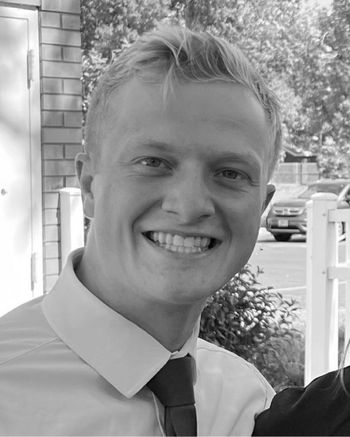Lawsuit over intellectual diversity surveys law heard by judge
On January 9, a federal judge began hearing testimony for a lawsuit over HB 233, a law that requires the state of Florida to conduct intellectual diversity surveys of public college campuses.
Plaintiffs claim that HB 233 'intentionally mute[s] left-leaning viewpoints,' and that its provisions seek to 'justify... attacks on free-speech rights.'
On January 9, a federal judge began hearing testimony for a lawsuit over HB 233, a law that requires the state of Florida to conduct intellectual diversity surveys of public college campuses, authorizes student recording of public college lectures, and prohibits campuses from shielding students from speech that is protected by the First Amendment.
The United Faculty of Florida (UFF) brought a lawsuit against HB 233 on the grounds that it “is designed to chill the First and Fourteenth Amendment rights, as well as the right to privacy, of Florida’s higher education students, faculty, and staff.”
UFF has taken several steps in order for the case to be heard, starting in July of 2021 when they filed the suit. This past October, the union also filed a motion in which they explained the various issues they have with the law.
[RELATED: OPINION: Florida’s new law changes the game for conservative college students]
UFF claimed in the motion that HB 233 “intentionally mute[s] left-leaning viewpoints,” and that its provisions seek to “justify... attacks on free-speech rights.”
An anonymous college student from Florida in particular took issue with UFF wanting to remove the “shielding provisions” from the law, which prevents public universities from “shielding certain students, faculty, or staff from certain speech.”
“In the last year I have been abused, gaslit, sexually assaulted by my first ever girlfriend. UFF’s claim that they need to shield me from harmful information I find utterly repulsive,” the student relayed to Campus Reform.
The student insisted that Florida’s colleges should treat their students as the adults that they are.
The Foundation for Individual Rights in Education (FIRE) had some concerns as well as praise for the law.
A representative said FIRE was “concerned that the mandatory recording provision could be abused by students and invite ‘gotcha’ politics into the classroom,” in a statement to Campus Reform.
Praising other provisions of the law, however, FIRE said, “There’s significant value — for students and the public alike — to know ‘the extent to which competing ideas and perspectives are presented and members of the college community, including students, faculty, and staff, feel free to express their beliefs and viewpoints on campus and in the classroom.’”
[RELATED: DeSantis agenda continues to rattle FL profs]
The motion from UFF is also critical of Governor DeSantis and calls his efforts with HB 233 and others the “Desantis Education Agenda” that is “focused on ‘combatting the woke agenda from infiltrating public schools.’”
UFF president, Andrew Gothard, said in a January 2022 report that covered both HB 233 and HB 7, another law from the DeSantis tenure, that “We are fighting so that Ron DeSantis’ authoritarianism, his disdain for the protections of the Constitution and his flippant way of stepping on the citizens he is supposed to be representing doesn’t move to a national scale.”
The same judge that put a pause on HB 7, Mark Walker, will be ruling on the suit with HB 233.
All the parties mentioned in this story have been contacted for comment and the article will be updated accordingly.

